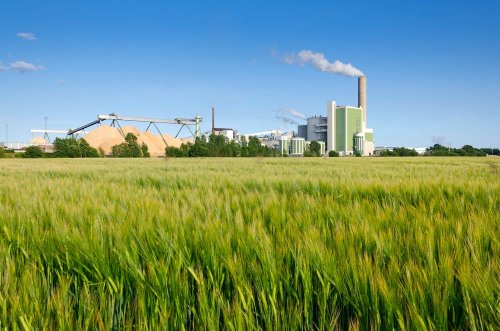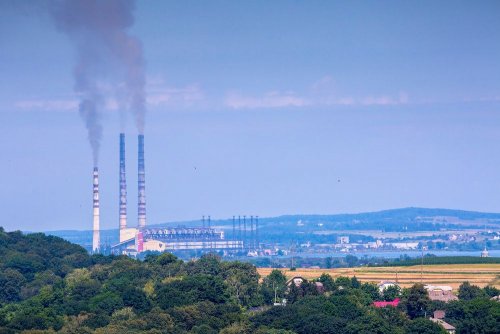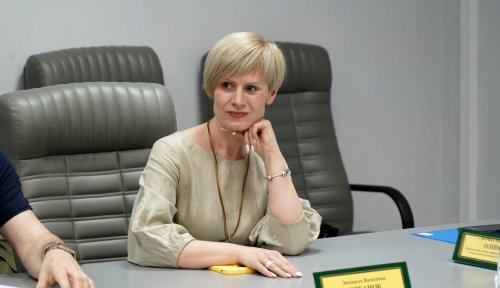The German government will provide Ukrainian enterprises with €2 million in grants for projects to implement the best available technologies and management methods (BREFs) and reduce industrial emissions.
Acceptance of applications and selection of participants will continue until February 28, 2023, reports GIZ.
Basic conditions of the program
The message explained that grants in the amount of 20% of the total costs for the implementation of the BREFs project were provided as co-financing, but no more than €2 million per project. 80% of the grant will be paid in installments in accordance with the plan for the purchase of equipment or services of the enterprise. 20% of the grant is paid after the final audit.
The authors emphasized that the object of BREFs should refer to installations that cover the scope of:
- Directive 2010/75/EU "On industrial emissions (integrated approach to prevention and control of impact)" (Appendix I);
- draft law No. 6004-2 "On ensuring the constitutional rights of citizens to an environment safe for life and health" (Article 2).
Grant conditions
The authors emphasized that in order to receive a grant, the enterprise must first obtain a loan from the bank for the implementation of the BREFs project. At the time of submission of the Initial Assessment Form, it is sufficient to foresee credit costs in the budgetary financing of the project. Obtaining a loan must be done on the eve of receiving grant funds from GIZ. Credit costs in the structure of costs for the implementation of the BREFs project should make up at least a small part of the grant.
It is noted that the acceptance criteria are:
- compliance of the project with the requirements of BREFs (as in the relevant sectoral conclusions on BREFs, if there are no conclusions on BREFs for the sector, the requirements of reference documents should be used);
- only existing installations (new installations must meet the requirements of BREFs);
- an investment object (that is, more than 50% of the total costs of the object related to the acquisition, installation and implementation of new equipment, the service life of which exceeds one year);
- availability of technical and economic justification of the project.
Additional eligibility criteria for the final evaluation procedure:
- the location of the enterprise and its facilities on the territory of Ukraine, except for temporarily occupied territories and territories where active hostilities are taking place;
- lack of cooperation with aggressor countries or companies registered or operating on the territory of aggressor countries;
- the principle of additionality (the project is difficult to implement without the support of donors);
- existence of an anti-corruption policy at enterprises;
- availability of a previously agreed bank loan agreement for the BREFs project;
- financial capacity (determined, among other things, by net profit and contractual position).
The message explained that the selection of projects will take place in 3 stages:
- filling in the Initial Assessment Form;
- filling out the Formative final assessment;
- provision of additional documents.
It is noted that the pilot financial program of co-financing for Ukrainian business was developed by the German Society for International Cooperation (GIZ) on behalf of the Federal Ministry of the Environment, Nature Conservation, Nuclear Safety and Consumer Protection of Germany.
Earlier, EcoPolitic wrote, that the Ministry of Environmental Protection and Natural Resources published the first reference documents from BREFs (Best Available Technologies and Management Practices/BREFs) on the production of iron and steel, cement, lime and magnesium oxide, and on energy efficiency.
As Ecopolitic previously reported, the European Business Association called finalize the consolidated draft law on the control of industrial pollution before it is put to a vote in the Verkhovna Rada.





